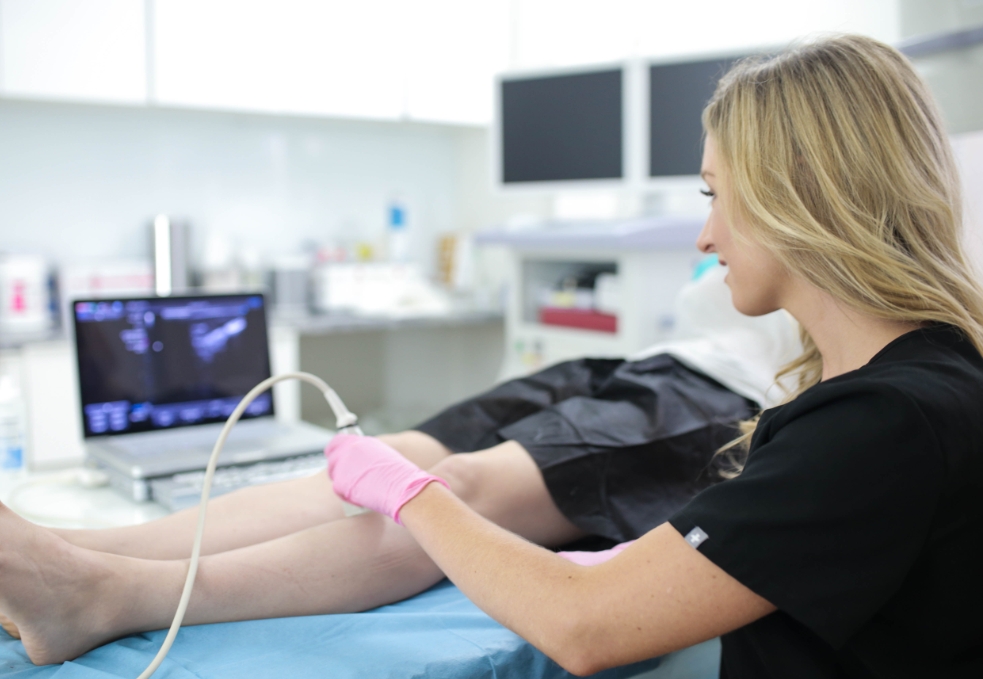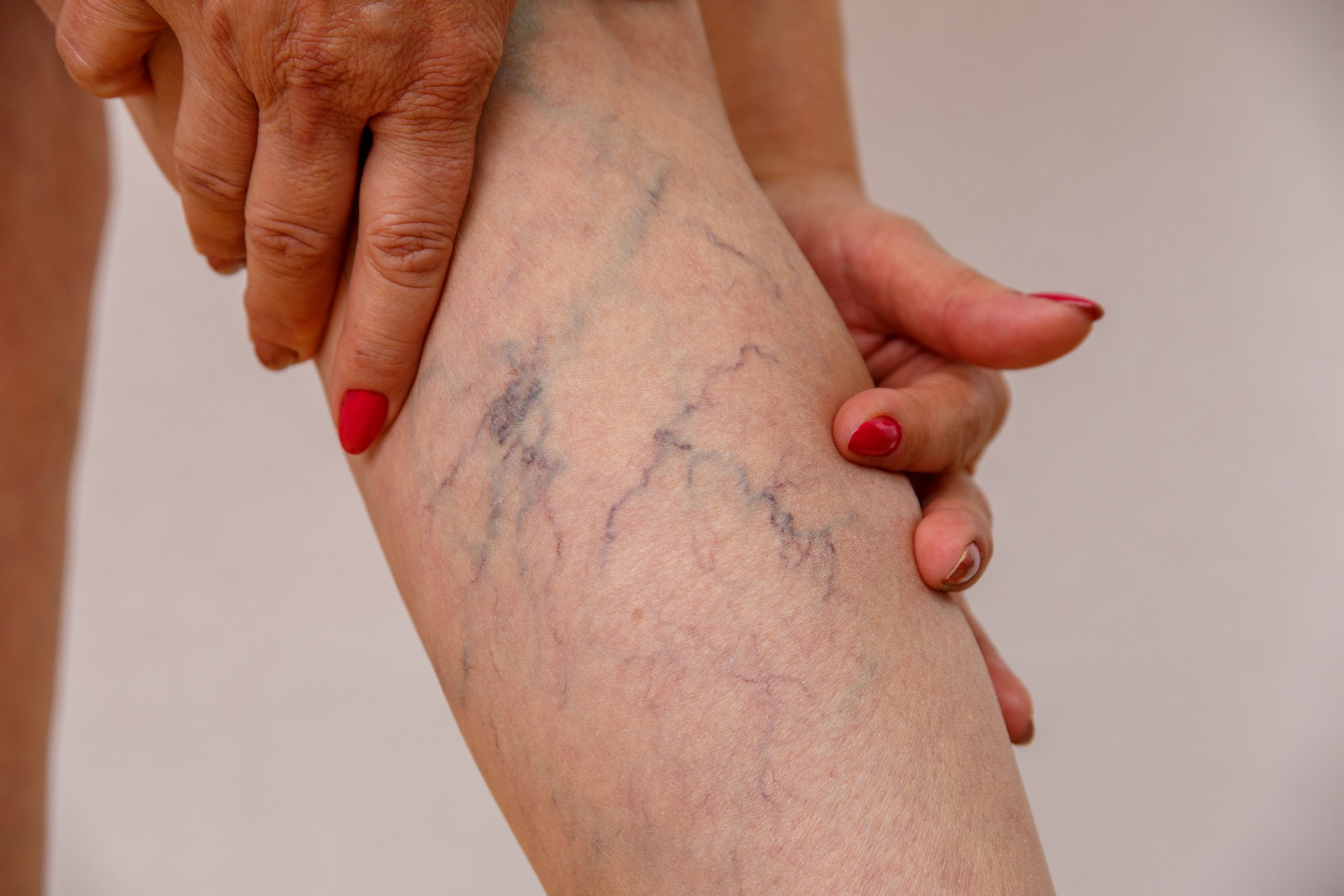When Should I Consider Seeing A Vascular Doctor?
Varicose veins, a common vascular condition affecting millions worldwide, can be both unsightly and uncomfortable. Although many individuals experience mild symptoms without significant complications, there are instances when seeking the professional opinion of a vascular doctor, also known as a varicose vein specialist or phlebologist, becomes essential. In this article, we will explore when to consider seeing a vascular doctor, the importance of early detection and treatment, and the various benefits that come from consulting with a skilled specialist.
Understanding Varicose Veins
Varicose veins are enlarged, twisted veins that usually appear on the legs, although they can occur in other areas as well. They are caused by weakened or damaged valves within the veins, leading to blood pooling and the veins becoming visible on the skin's surface. Symptoms may include throbbing, heaviness, swelling, and aching in the affected area. While varicose veins are often not life-threatening, they can have a considerable impact on one's quality of life.

Common Risk Factors
Before discussing when to see a vascular doctor, it is essential to understand common risk factors associated with varicose veins. These factors include age, family history, gender, obesity, pregnancy, and a sedentary lifestyle. Identifying these risk factors can help individuals recognize their susceptibility to developing varicose veins and prompt them to seek early evaluation.
When To Consider Seeing A Vascular Doctor
If you experience persistent discomfort, pain, or swelling in your legs, it may indicate an underlying issue with your veins. While some mild symptoms can be managed with self-care measures, prolonged or worsening symptoms should prompt a consultation with a vascular doctor.
The appearance of bulging, dark-colored veins on your legs is a clear sign of varicose veins. Although not all cases require medical intervention, it is crucial to have them assessed by a specialist to determine if treatment is necessary.
Complications of varicose veins, such as blood clots, ulcers, or skin infections, require immediate attention from a vascular doctor. Additionally, if you have concerns about the appearance or health of your veins, seeking a professional evaluation can provide peace of mind and prevent potential complications.
The Role Of A Vascular Doctor
Vascular doctors are medical professionals specialized in diagnosing and treating conditions related to the circulatory system, including varicose veins. They undergo extensive training and possess expertise in various treatment options, from conservative approaches to advanced procedures.

Diagnosing Varicose Veins
During your consultation with a vascular doctor, they will conduct a thorough physical examination and may use diagnostic imaging tests, such as ultrasound, to assess the extent of the condition. This evaluation helps determine the most suitable treatment plan based on your individual needs.
Treatment Options
Depending on the severity and specific characteristics of your varicose veins, the vascular doctor may recommend various treatment options. These can range from lifestyle modifications and compression stockings for mild cases to minimally invasive procedures like sclerotherapy, endovenous laser therapy (EVLT), or radiofrequency ablation (RFA) for more advanced cases.
Conclusion
Recognizing when to see a vascular doctor is essential for effectively managing varicose veins and ensuring overall vein health. Early evaluation and appropriate treatment can alleviate discomfort, prevent potential complications, and improve the appearance of affected veins. If you experience persistent symptoms or have concerns about your veins, do not hesitate to consult what is a varicose vein specialist called to receive personalized care and guidance. Remember, prioritizing your vascular health is a crucial step towards a happier and healthier life.
Comments
Post a Comment